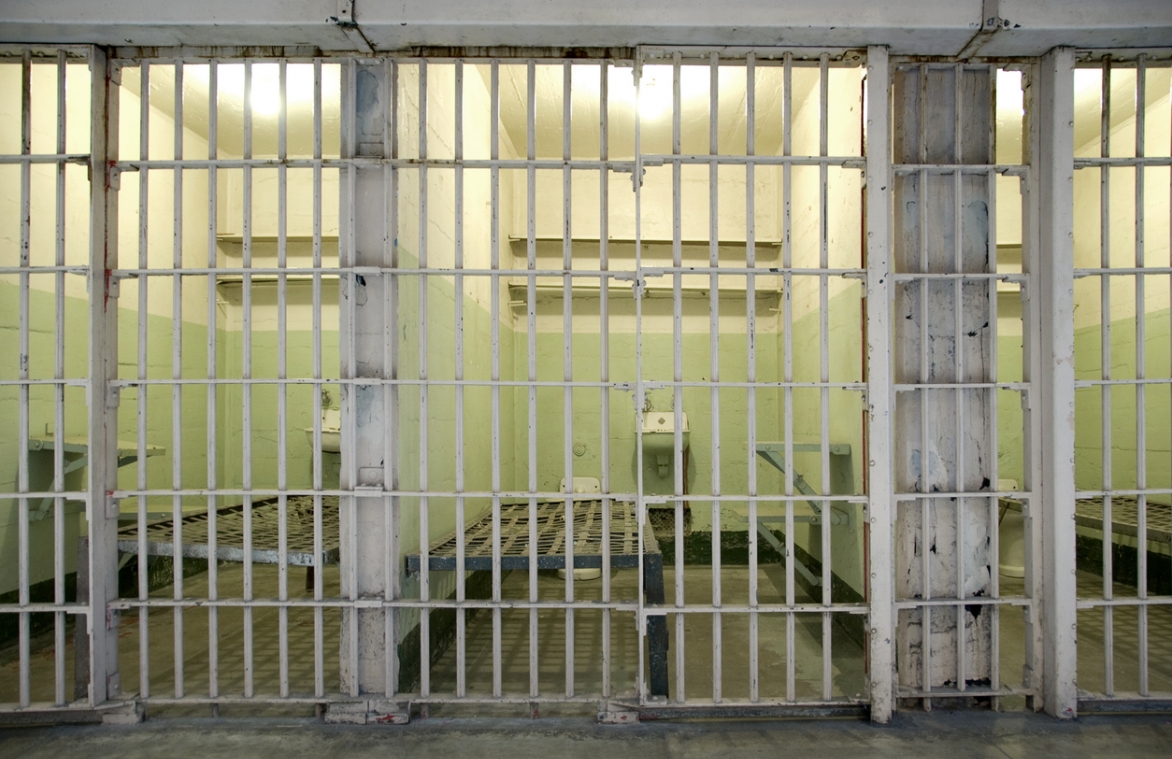A Muslim inmate in an Arizona prison did not have a religious-liberty right to be housed only with other Muslim inmates, a federal appeals court has ruled.
The 9th U.S. Circuit Court of Appeals held that if the prison officials granted such a request, they would run afoul of the equal-protection clause of the 14th Amendment.
Shaykh Muhammad Al Saud, who is incarcerated at Arizona State Prison Complex-Eyman, contended that other inmates were prohibiting him from praying five times a day – something his Muslim faith requires. Al Saud alleged that other inmates would harass him when he tried to pray.
Al Saud requested that he be housed exclusively with other inmates. When prison officials denied his request, he sued in federal court under the Religious Land Use and Institutionalized Persons Act (RLUIPA), the free-exercise clause of the First Amendment, and Arizona state law.
A federal district court dismissed his lawsuit, reasoning that prison officials were justified because if they granted his request, their actions would present problems under the equal-protection clause by classifying inmates based on religion.
On appeal, a three-judge panel of the 9th Circuit affirmed the lower court in Al Saud v. Days. Under RLUIPA, prison officials may not substantially burden a prisoner’s religious liberty unless their actions are justified by a compelling government interest advanced in the least restrictive way possible.
Prison officials conceded that Al Saud had alleged a substantial burden on his religious liberty. However, they contended that their actions in denying his request were necessary to further their compelling government interest in avoiding liability under the equal-protection clause, which generally requires government to treat similarly situated people equally.
“In order to house Al Saud with only Muslims, defendants would necessarily have to classify and house other prisoners based on their religious beliefs and practices,” the panel said. The equal-protection clause generally prohibits the government from segregating people by race or religion.
The panel accepted prison officials’ argument that they denied Al Saud’s request because they had a good-faith belief that accommodating him would make them start segregating inmates based on religion and present a First Amendment establishment-clause problem.
“Because both race and religion are suspect classes, the likelihood that equal protection liability would flow from housing prisoners based on religion is substantially identical to the likelihood of liability for housing prisoners based on race and, therefore, is sufficient to serve as a compelling interest,” the panel reasoned.
The 9th Circuit also denied Al Saud’s claim under the free-exercise clause, which requires the government’s action to be reasonably related to a legitimate penological concern. Here, the panel reasoned that avoiding equal-protection problems was a legitimate concern.
The Free Speech Center newsletter offers a digest of First Amendment and news media-related news every other week. Subscribe for free here: https://bit.ly/3kG9uiJ
David L. Hudson Jr. is a professor at Belmont University College of Law who writes and speaks regularly on First Amendment issues. He is the author of Let the Students Speak: A History of the Fight for Free Expression in American Schools (Beacon Press, 2011), and of First Amendment: Freedom of Speech (2012). Hudson is also the author of a 12-part lecture series, Freedom of Speech: Understanding the First Amendment (2018), and a 24-part lecture series, The American Constitution 101 (2019).

